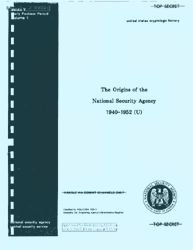Around 850 Eriugena was commissioned by Hincmar, Archbishop of Rheims, and Pardulus, Bishop of Laon, to rebut a treatise on predestination by Gottschalk of Orbais (806-868), a priest in Hincmar’s jurisdiction who interpreted Augustine as teaching a ‘‘twin predestination’’ (gemina praedestinatio), namely, of the elect to heaven and of the damned to hell. Eriugena’s opposing treatise, De divina praedestinatione (On Divine Predestination, c. 851, hereafter Depraed.), employed dialectical argument rather than scriptural citation to reject the twin predestination thesis. Eriugena invokes the divine unity, transcendence and infinite goodness to show that that there can by but one predestination. God’s nature is one, and so is His predestination. God wants all humans to be saved. He does not predestine souls to damnation; humans damn themselves through their own free choices. Furthermore, ‘‘sin, death, unhappiness are not from God. Therefore God is not the cause of them’’ (De praed. 3.3). God cannot predestine to evil since evil is nonbeing. Properly speaking, God, who is outside time and acts ‘‘all at once’’ (semel et simul), cannot be said to foreknow or to predestine (De praed. 9.6), terms that are transferred from created things (Depraed. 9.7). Eriugena’s tract was itself considered suspect. He was accused of ‘‘Origenism’’ and ‘‘Pelagianism’’ by his former supporter Prudentius (see PL 115:1010c) and the treatise was condemned as ‘‘Irish porridge’’ (pultes scottorum) at the councils of Valence (855) and Langres (859), in part for its employment of dialectic instead of scriptural commentary.




 World History
World History









